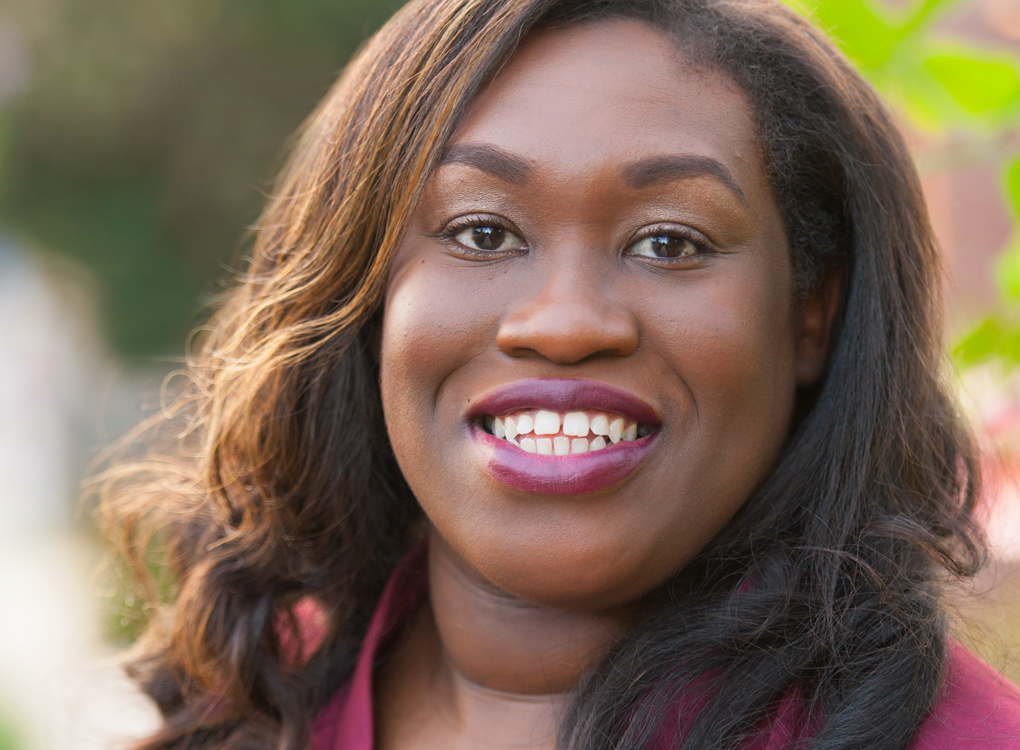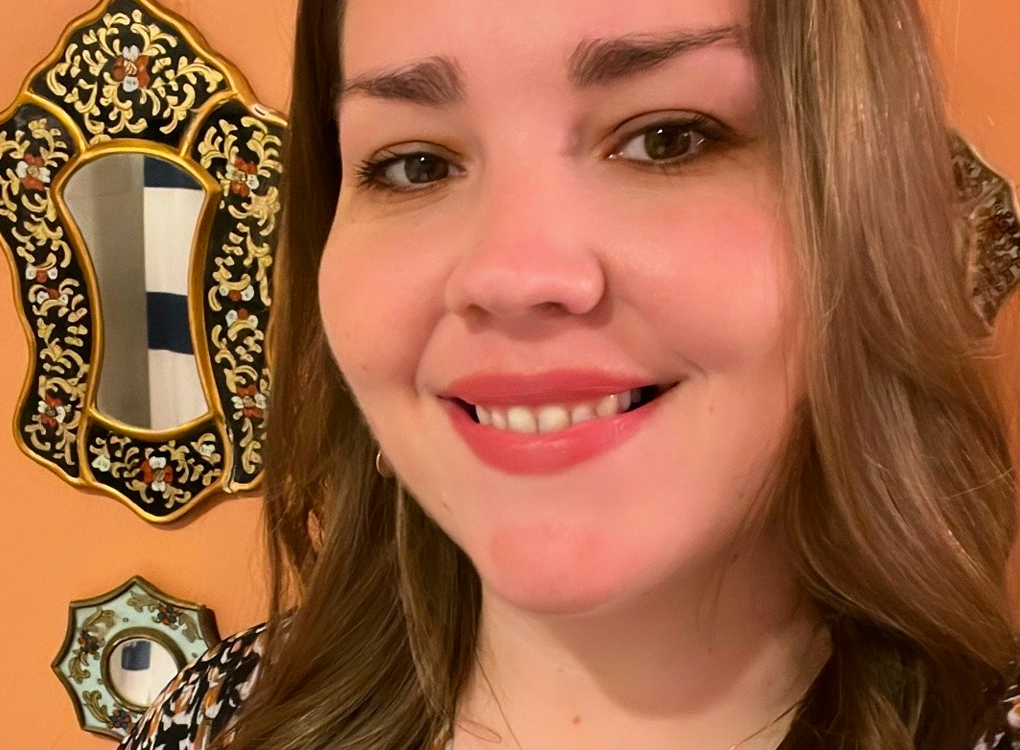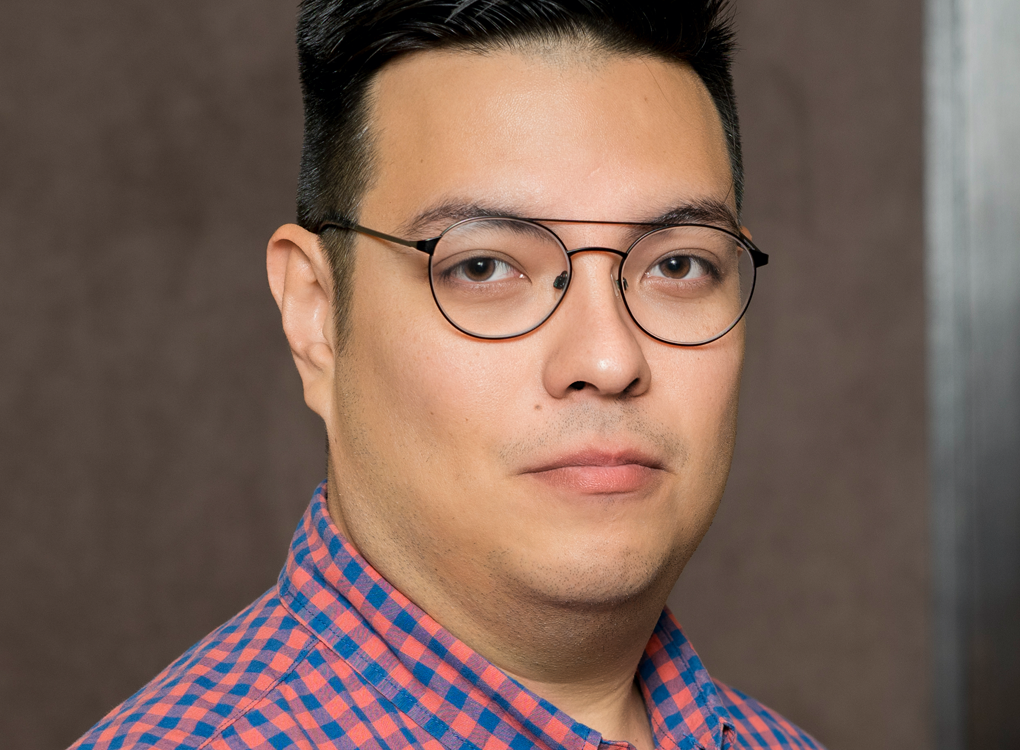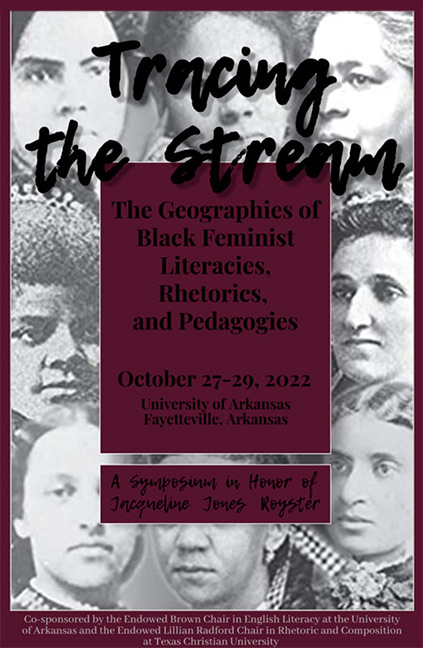CLC Literacy Programs
The Literacy Exchange
Through The Literacy Exchange the CLC provides workshops and trainings led by stakeholders from across the community literacies spectrum, who will provide an introductory or enrichment opportunity for other literacy workers to gain insight into a dimension of literacy work from the standpoint in which they work.
This includes workshops on literacy research methods and methodology, writing workshops, and presentations on applied literacies programs, as well as trainings on incorporating various kinds of literature into K-12 classrooms, creating afterschool youth literacy programs, and doing adult literacy work. Workshops will be led by exemplary community literacies workers, such as literacy researchers, advocates, educators, including members of the CLC Advisory Board.
Recent Literacy Exchange workshops include two created by writer and community educator Dr. Beth Godbee of Heart. Head.Hands. Through a partnership with the Fayetteville Public Library, facilitated and sponsored by the Brown Chair, Dr. Godbee led the workshops “Planning Writing Projects” and a 3-week workshop on “Contemplative Writing.”
Beth Godbee
Possibilities Hub
The Possibilities Hub presents seminars, reading groups, or a series of talks that explore a topic through and/or about literacy to expand individual and communal capacity to understand what literacy work can be and do today. The CLC is committed to resourcing all Possibilities Hub seminars with the appropriate educational materials, space, and other resources necessary to engage in a fruitful and transformative deep conversation on the topic of choice.
Our Spring 2023 Possibilities Hub seminar was titled “Coalitional Literacies: Strategies for Building Social Justice Initiatives Across Institutions,” hosted by Drs. Jones, Gonzales, and Del Hierro, introduced below. Coalitional literacies have always been critical to the development of social justice initiatives. Grounded in the work of Black Feminist activists, scholars, and practitioners, coalitions centralize community knowledge, strengths, and needs, and foreground intersectionality. We must interrogate the various frameworks through which we develop coalitions: especially critical when seeking to develop social justice initiatives that decenter Whiteness.
To see past seminars, click here.

Dr. Natasha N. Jones
Dr. Natasha N. Jones (she/her) is a technical communication scholar and co-author of the book Technical Communication after the Social Justice Turn: Building Coalitions for Action (Routledge). Her research interests include social justice, narrative, and technical communication pedagogy. She holds herself especially accountable to Black women and femmes and systemically marginalized communities. She strives to always center the narratives and experiences of those at the margins in her scholarship, her teaching, and her organizational engagements. She currently serves as the President for the Association of Teachers of Technical Writing (ATTW). Outside of her academic work, she finds joy in poetry and plants and all things horror/sci-fi.

Dr. Laura Gonzales
Dr. Laura Gonzales (she/her) is a researcher, translator, and community activist who works to highlight the importance of multilingual communication in academic, community, and professional contexts. She is the author of Sites of Translation: What Multilinguals Can Teach Us About Digital Writing and Rhetoric (University of Michigan Press, 2018) and Designing Multilingual Experiences in Technical Communication (Utah State University Press). Dr. Gonzales provides consultation to government agencies, non-profit organizations, businesses, and academic institutions on fostering language justice in collaboration with multilingual communities.

Dr. Victor Del Hierro
Dr. Victor Del Hierro (he/him/his) is an assistant professor at the University of Florida. Originally from CD. Juarez, Mexico and El Paso, USA borderlands, he researches and teaches at the intersection of Hip Hop, Digital Rhetoric, and Technical Communication. Dr. Del Hierro’s research focuses on the community building power of the Hip Hop DJ. He has also led multiple literacies programs with Latinx youth centered on storytelling and technology. Dr. Del Hierro also serves as the parliamentarian for the executive council for the National Council of Teachers of English (NCTE).
The Sandbox:
Short Papers, Big Ideas
The Sandbox invites community literacies workers to write thought provoking, accessible, brief policy memos, reports, or essays on a timely issue within literacy learning and practice. The purpose of these papers is to provide nuanced insight into a salient issue for general audiences, creating a resource for people to use in efforts to shape literacy learning, development, and practice for the better across a wide range of contexts.
Memos and reports must be between 5-7 pages, while essays must be between 800-1500 words. If accepted and commissioned for publication, author(s) will receive an honorarium of $1 per word (up to 1500 words, excluding the Works Cited page) for their paper/contribution.
Proposals must be a brief email indicating what you wish to write about, why you feel it is a timely issue and what impact your insights may have on critical issues in literacy learning and practice today. Please email us at brownlit@uark.edu if you have any questions.
Proposals are accepted on a rolling basis;
feel free to submit one today!
Biennial Symposium
We held our first biennial symposium, Tracing the Stream: The Geographies of Black Feminist Literacies, Rhetorics, and Pedagogies virtually on October 27-29, 2022. For more information, visit www.tracingthestream.com.

